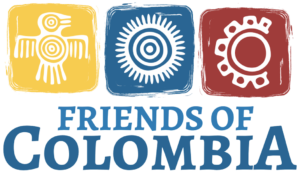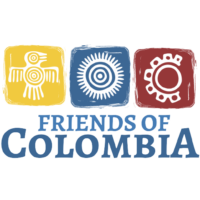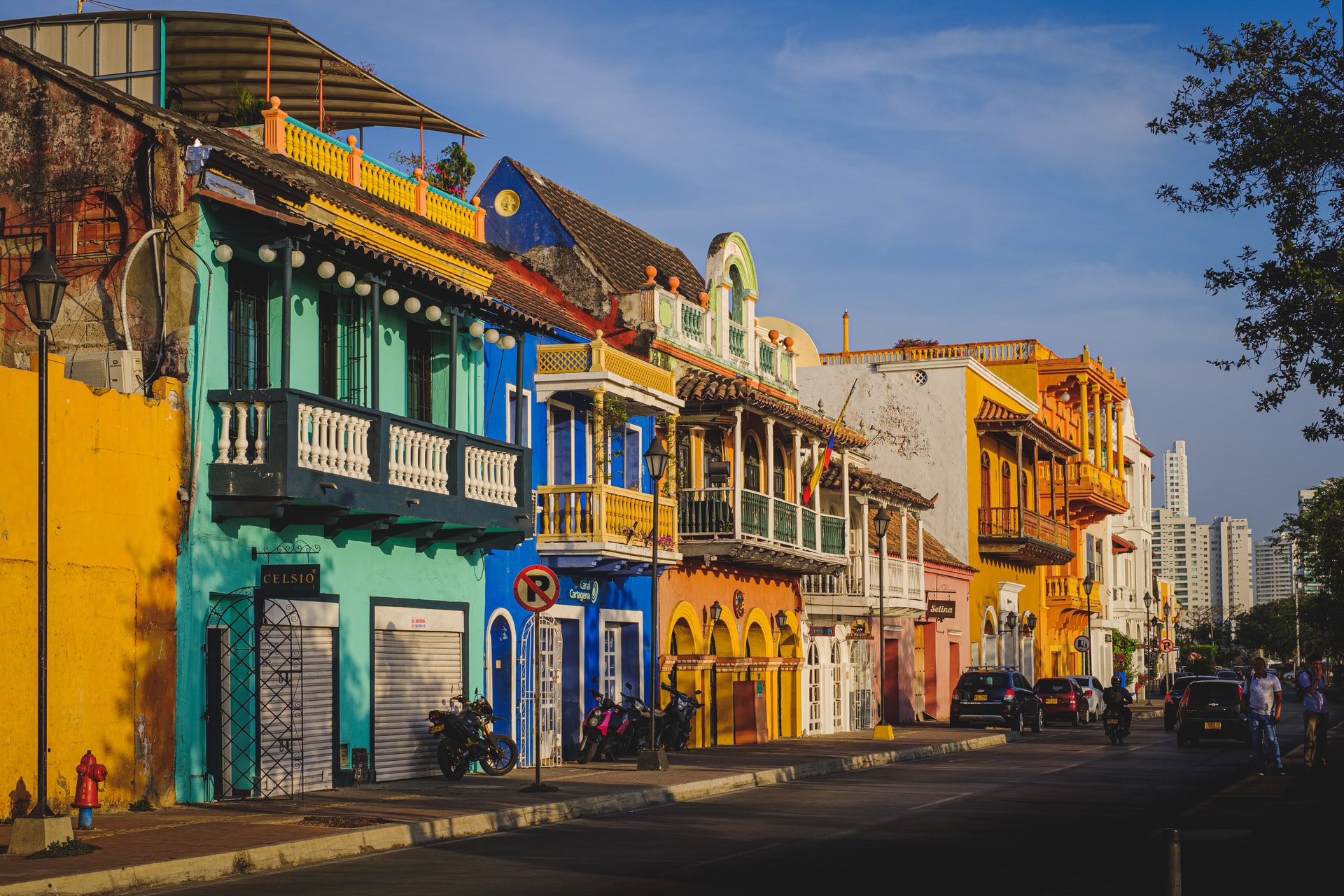By Margarita Sorock
A man in bermudas and a T-shirt arrives at the entrance to the Pearly Gates.
St. Peter (very harried): Where are you from?
Man in bermudas: Cartagena.
St. Peter: Don’t you have strict orders not to go out?
This past weekend (May 23-25) was a long one, including Monday. Sunday and Monday were days of strict quarantine and dry law, even for beverages made and consumed at home. No stores were open except, perhaps, an occasional pharmacy.
Today’s newspaper reported the weekend tally: 720 fights requiring police intervention and 600 underground parties. It sounds like a normal long weekend—which it would have been, before coronavirus.
Cartagena, my home for the past 39 years, had the dubious honor of reporting the first case of coronavirus in Colombia—an 85year-old British woman, now fully recovered, who came on a cruise ship—and the first death from coronavirus, a 58-year-old taxi driver who transported sneezing European visitors. Quarantine officially began on March 25 and has been extended through May 31.
If you want Colombia’s complete coronavirus information in English, check out the Medellín Guru website. Jeff is a thorough reporter, reflecting the viewpoint every antioqueño would want us all to share. (I do not know Jeff and just discovered the website in my quest to provide information to you, the Friends of Colombia readers.)
What does life feel like? Well, coronavirus has dominated all communications media. Colombia, when compared to other countries, tends to receive high marks. Are they warranted? It is difficult to know. The president and his ministers appear nightly on television from 7:00-8:00. They have videos and presentations which sound very convincing, leading us to believe that everything is under control. The national news I watch from 9:30-11:00, with equally convincing and polished presentations, contradicts what was said by the president and his ministers between 7 and 8, showing protests, neglect, oversights and especially, overspending. Is it possible for things to have changed so drastically between 8:00 and 9:30?
I also listen to national radio sporadically during the day, watch Telecaribe news in the morning and get email and WhatsApp messages in huge quantities. I have NEVER heard so much talk about fútbol now that, like most other sports, it’s in total recess and re-negotiation. It is still the most popular topic—followed by cycling and the fates of the Vuelta (Spain) the Giro (Italy) and the Tour (France). It is truly a globalized world where Bayern-Munich and Lionel Messi are intensely debated by foreign and national experts in great detail, along with Junior, Millonarios, and Santa Fe.
Street vendors in pushcarts selling fruit, vegetables, fish and some prepared foods (peto) visit the neighborhood daily, but now, all wear masks and most use gloves. I get at least one visit daily from people asking for donations, which I prefer to make in food rather than money. These are private people, not representatives of organizations. Many Venezuelan refugees have opted to return to Venezuela, and they have gotten some transportation assistance from the Colombian government. Colombia says it is helping everyone who needs help without regard to nationality. I hope that is true.
Take-out and messenger services have boomed. A definite improvement has been the presence of the SuperGiros van coming to my neighborhood every day between 11:00 and noon, announcing its presence with great glee (some would say with great scandal).
There are over 20,000 cases of coronavirus in Colombia now (as of the end of May). Most are treated at home. Just under 10% end up in hospitals. The public health system is responsible for testing and treatment. Private health care providers, most of whom owe huge sums of money to public hospitals and laboratories, have taken virtually no action, arguing that coronavirus is a public health problem. There are protocols galore dealing with deceased victims, but it appears that rapid service is the last thing anyone can expect. And we are having a heat wave of unprecedented proportions with no rain in sight!
There are recurring complaints about the increases in public utilities bills. The utility companies say they will not cut off water, electricity or gas for nonpayment or late payment, that there will be readjustments and subsidies, and yada, yada, yada. It sounds great, but so far the “dialogue” has gotten lost in promises—promises not reflected in the monthly bills. Last of all, there are people in dire straits—probably in excess of 25% of the population. The cheerful local news program serving the Caribbean coast has said that a new subsidy is being created for those who have not received assistance through other means and “all you have to do is log on
to helpisontheway.com and fill out the simple form.” I know people who should be beneficiaries of this assistance but “logging on” and “filling out” are not in their range of skills. This means they will probably have to avail themselves of the assistance of local politicians to get the help they need and deserve. And speaking of politicians—those at the national level, not particularly interested in coronavirus, have taken advantage of the situation to sneak through controversial policies when they know people’s attentions are focused elsewhere.
So what is the verdict? Of course, there are important lessons to be learned and acts of heroism and sacrifice to be admired. But, the other night an international news program focused on a section of Lima, Perú, showing “before” and “after” coronavirus. The only visible difference was the presence of masks (tapabocas) in the “after” version, but the same activities, with the same crowding, are still very much present. Have we learned anything? I hope so, but meanwhile, I confess, I have yet to wear my new tapaboca with the NY Yankees logo…



